Whether your neighborhood is made up of ten homes or three hundred and fifty, it can be hard to stay in good communication with each other, especially during the shorter days of winter when people are less likely to be outdoors. Social media can be a great way to keep your neighborhood connected if it’s used in a helpful and positive manner.
A private Facebook group is perfect for sharing or exchanging information, keeping up to date with one another, finding common interests, and planning events among neighbors. My neighborhood has had a Facebook group for a while now, and it’s been a huge help in staying in touch with one another and creating a close-knit community of neighbors.
Here are some tips for starting a neighborhood social media group and the many ways it can be used for everyone’s benefit.
Why Facebook?
There are many different ways to communicate using technology, but Facebook seems to cover the widest range of people, including older folks who may not use or even be aware of newer social media platforms. You can quickly and easily create a private Facebook group that can be searched for—but not viewed—by anyone who isn’t in the group. So people will be able to find your group (pro tip: use your street or neighborhood name in the group name), but they won’t be able to join until they request membership and are admitted by the administrator of the group.
Spread the Word
When our administrator created our Facebook group, she made a simple flyer and left one at every home in the neighborhood. That, and word of mouth (from people besides the administrator), was enough to encourage interested neighbors to join.
Hints for the Group Administrator
After your neighbors have joined the new group, it’s a good idea to set up two questions that must be answered by people requesting membership in the future: 1) What is your address? and 2) When did you move in? This almost always solves the problem of scammers trying to join your group—they won’t answer the questions and you can delete their request. Another way to verify identity is to share a screenshot of their name and picture with the group, asking if anyone knows this person. And of course, if someone does slip in who shouldn’t be there (you’ll know because they’ll try to sell something or divert people to another page or website), you can easily remove and block them from the group.
Be sure to also set a positive tone for the group right from the beginning. Start by stating the purpose and expectations in the group description. If someone in the group is rude or offensive, you can remove their post or comment, and then immediately reach out to them with a private message that politely explains why. Hopefully you won’t ever have to do this, but if you do, a personal message is better than removing a post without an explanation. (In the five-plus years our neighborhood has had a Facebook group, the administrator has never had to reprimand, remove, or block anyone. Groups where everyone knows each other in real life are different than groups full of people who don’t otherwise know each other.)
Ways You Can Use Your Facebook Group
Our neighborhood has used our Facebook group for all of these things, and more:
- Organize a block party: announce it in your group and create a Google doc for sign-ups.
- Post items you are selling or giving away—furniture, cars, plants or cuttings, toys, etc.
- Ask for needed items that you think someone else might have.
- Post pictures of something you found on the street or in your yard to locate the owner.
- Ask for recommendations for lawn care, car or home repair, babysitting or dog walking, or other services (or recommend someone who did a great job).
- Share life events with neighbors, such as a new baby, an illness or death of a neighbor (with the family’s permission), or other milestones that could prompt others to reach out.
- Coordinate care for a neighbor in need, such as lawn care, snow shoveling, leaf removal, etc., during all kinds of life events.
- Coordinate help or do fund-raising for neighborhood beautification (planting flowers, repairing or updating an entrance, etc.).
- Share community, police, or city news (such as road work or suspicious persons); utility news (planned outages, power restoration estimates, or changes regarding water, electric, sewer, trash, or internet services); or public health news (how to get free COVID test kits, etc.).
- Share when a house will be going up for sale, so neighbors can give this information to family or friends.
- Ask for help with lost pets or lost personal items.
- Announce a neighborhood lemonade stand, yard sale, car wash, little free library, etc.
Technology is only as useful as what we make of it, and forming a neighborhood group on social media is one way to bring people together, share information, and keep positive communication active in your neighborhood.
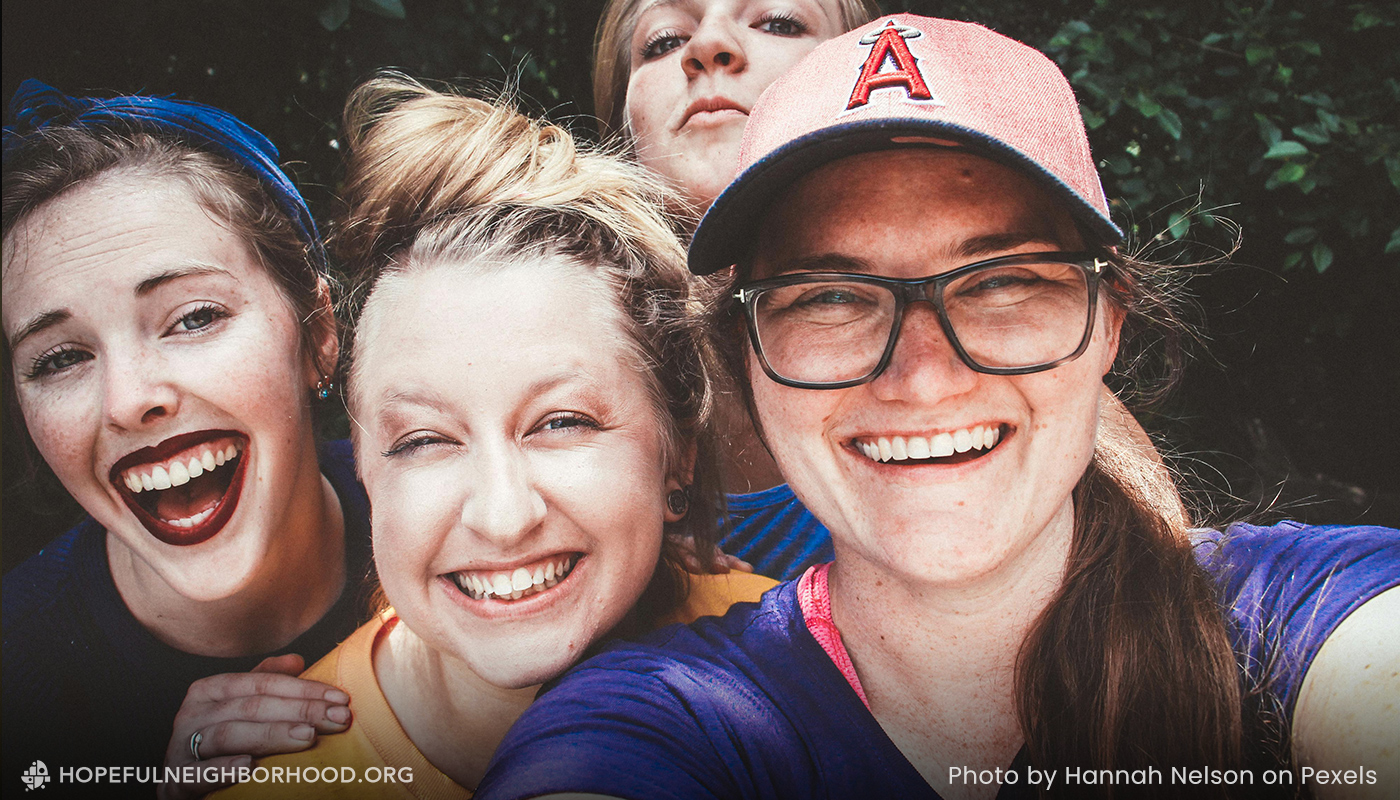
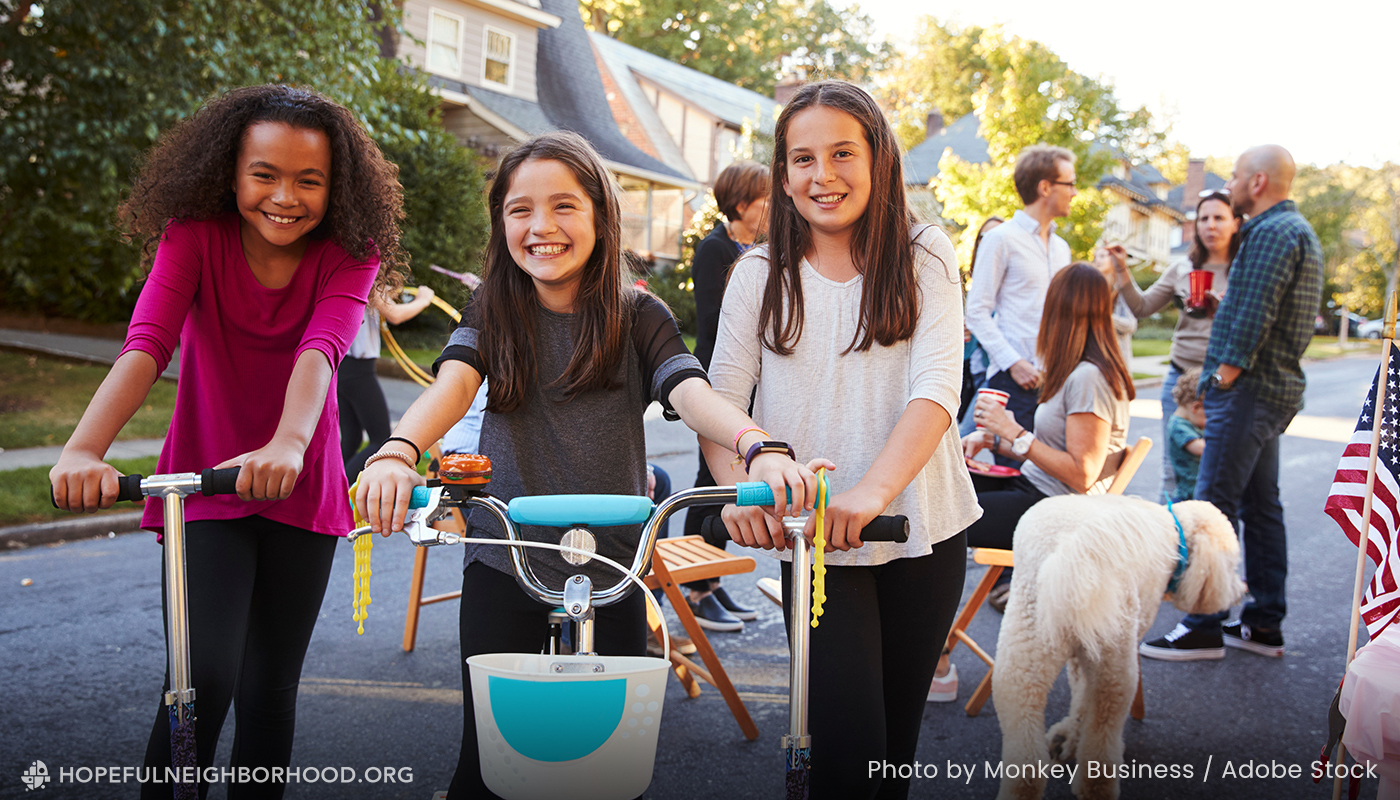
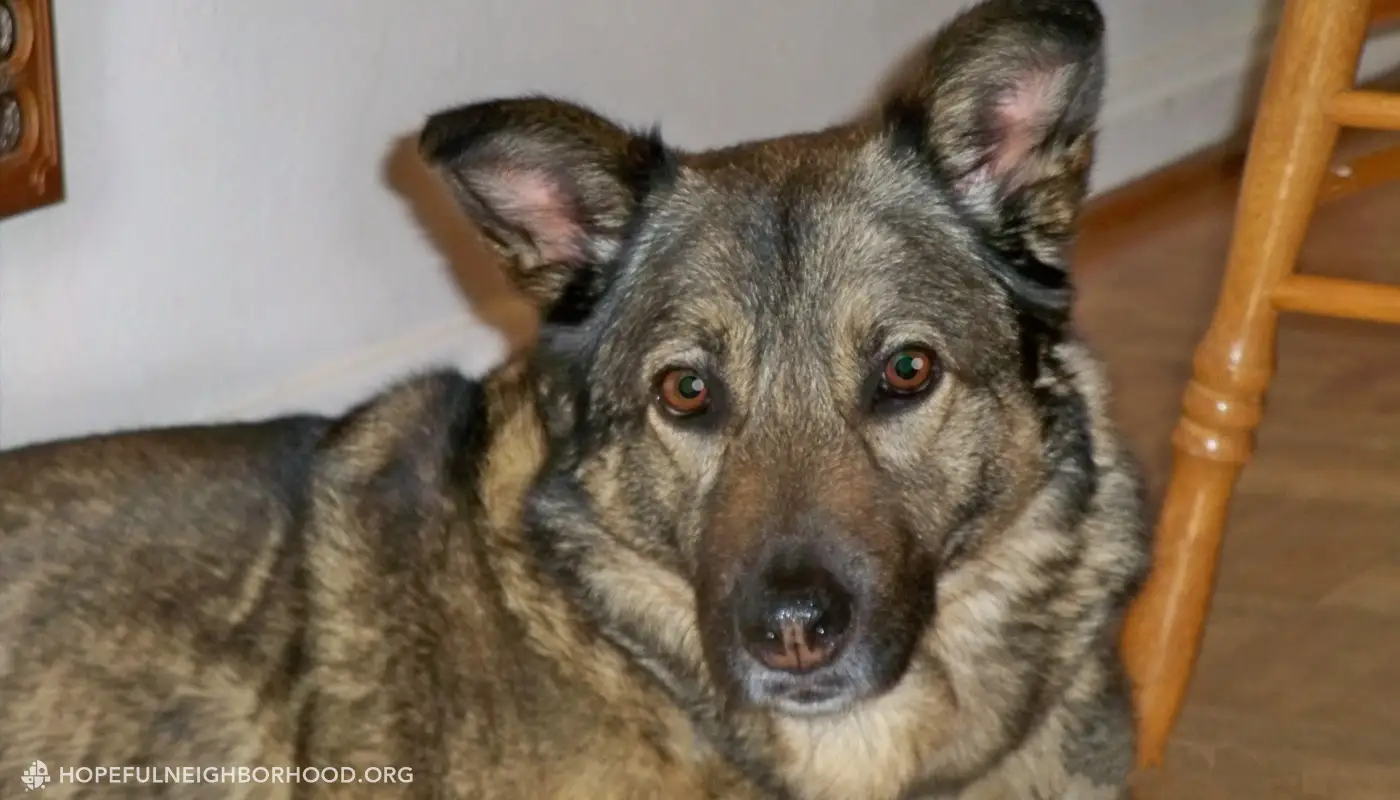
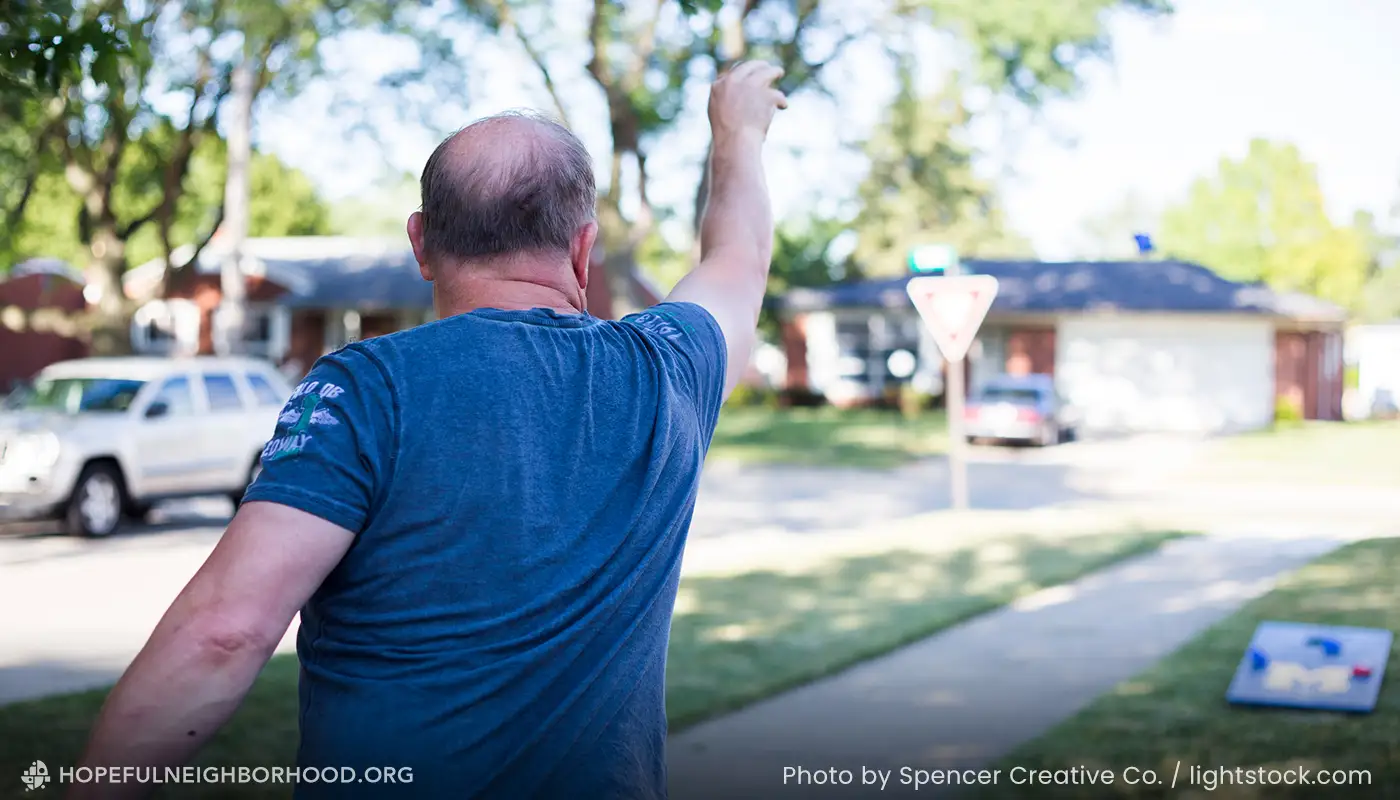
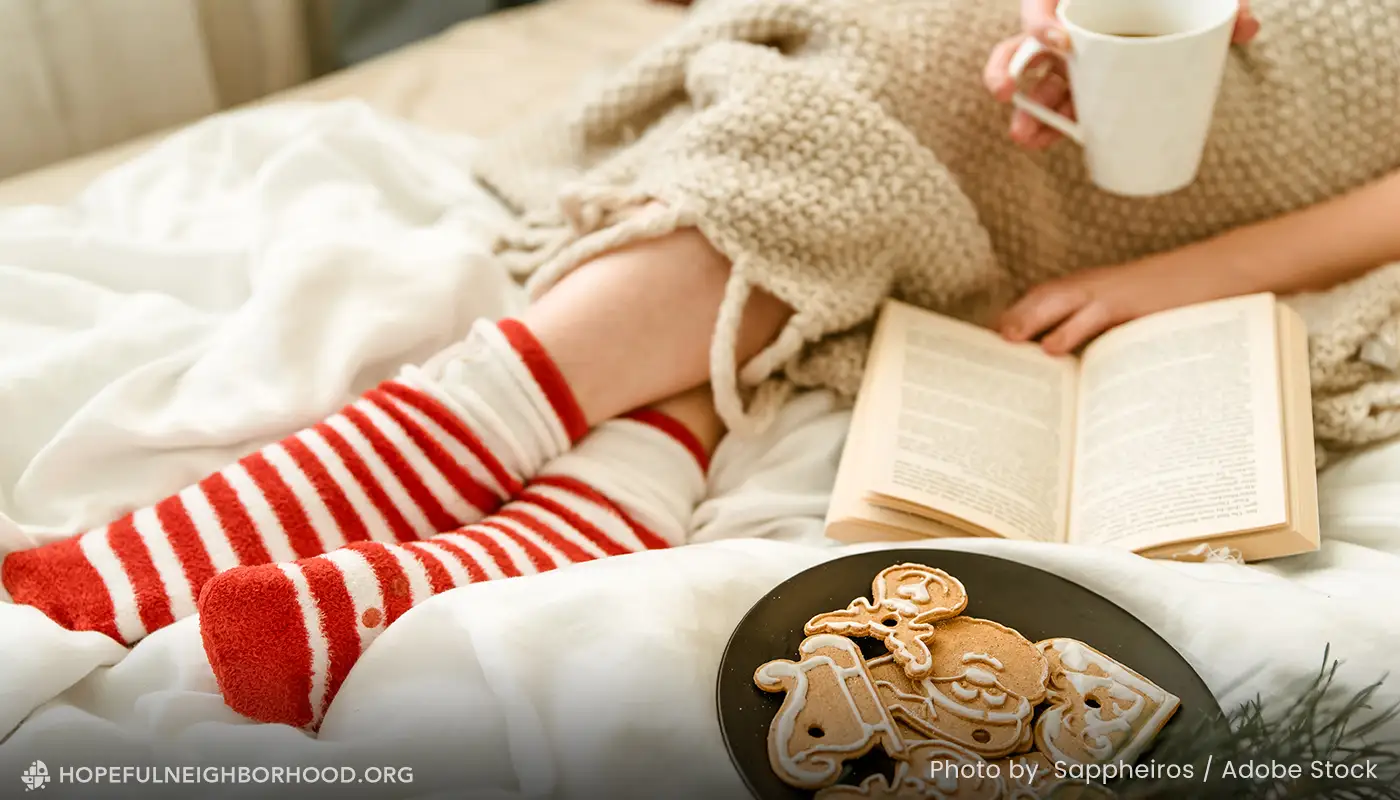
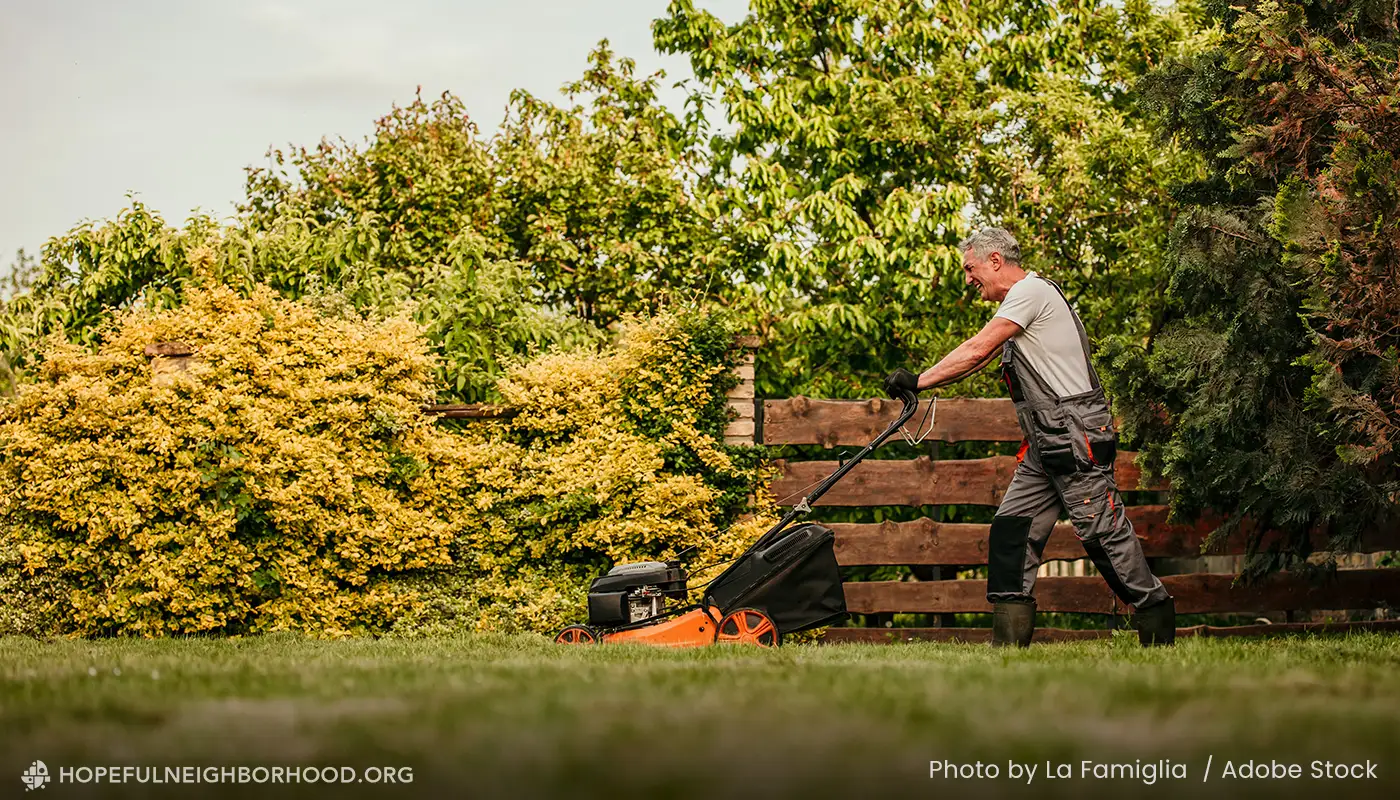
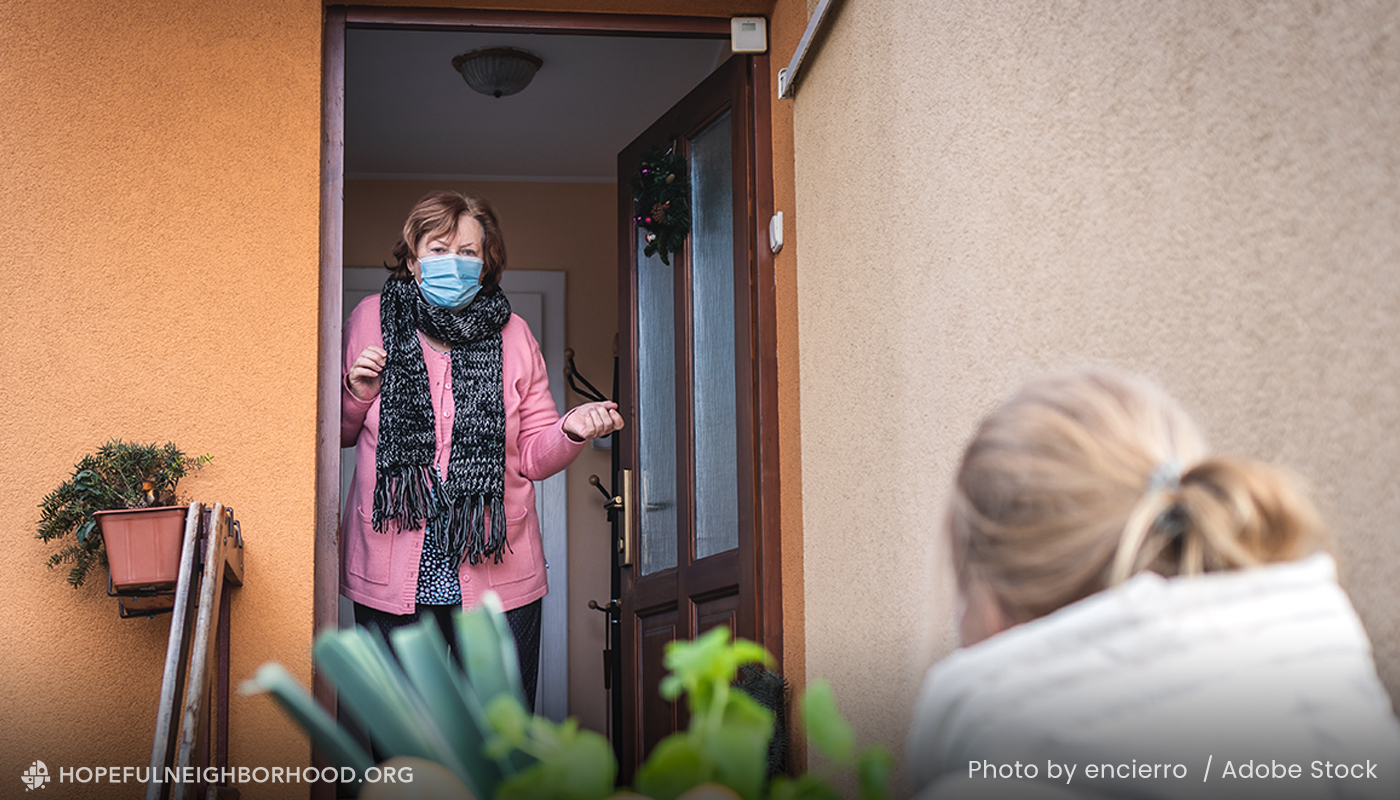
0 Comments